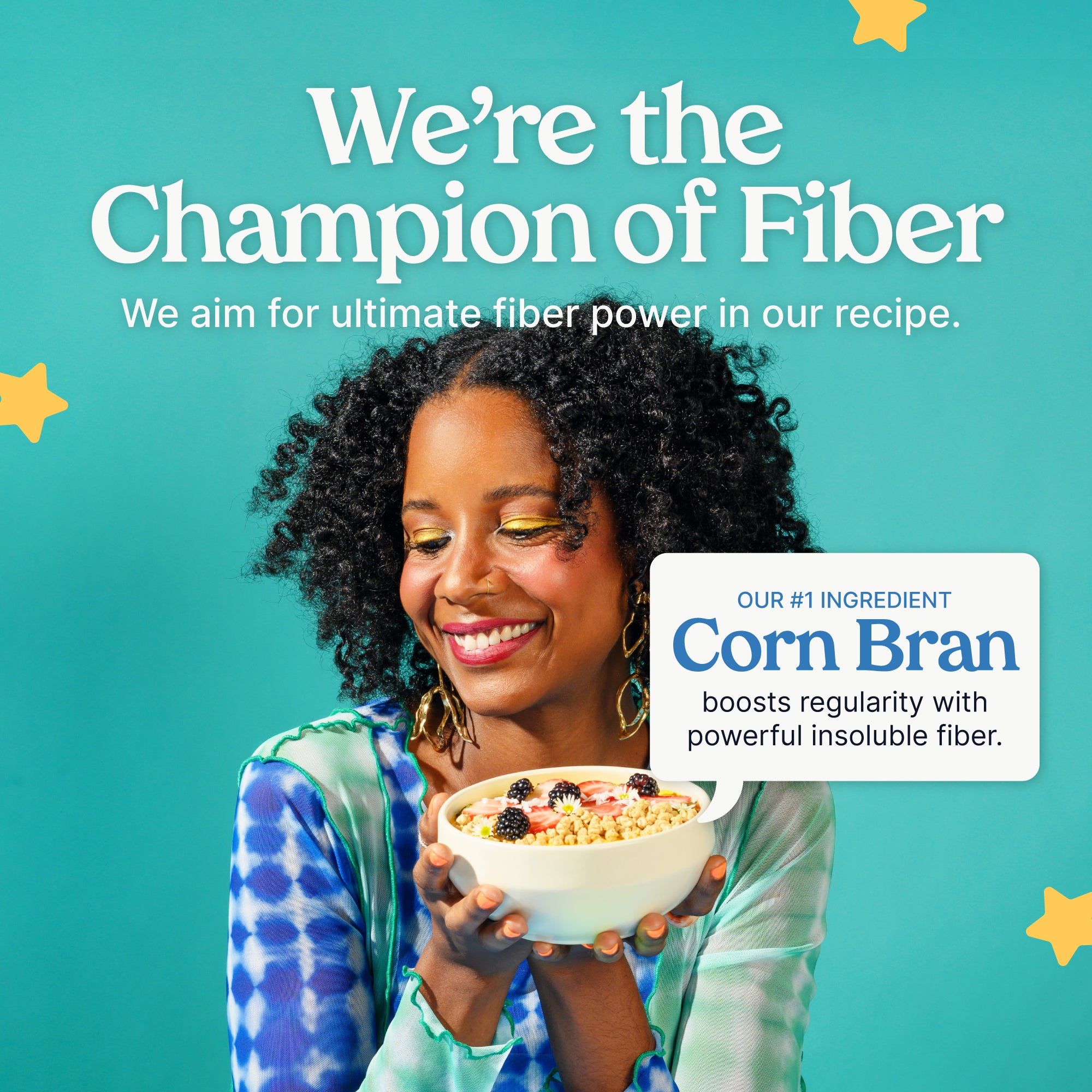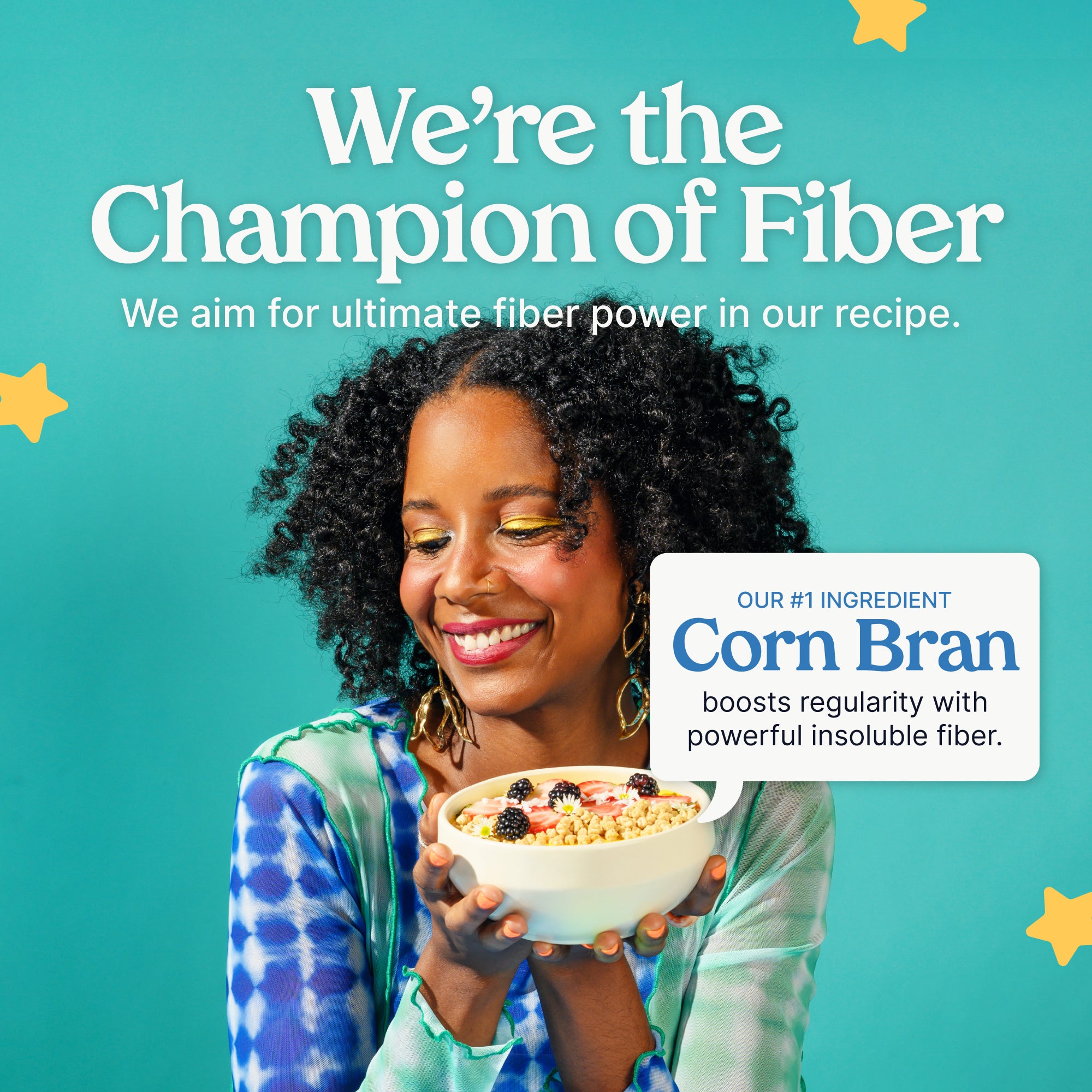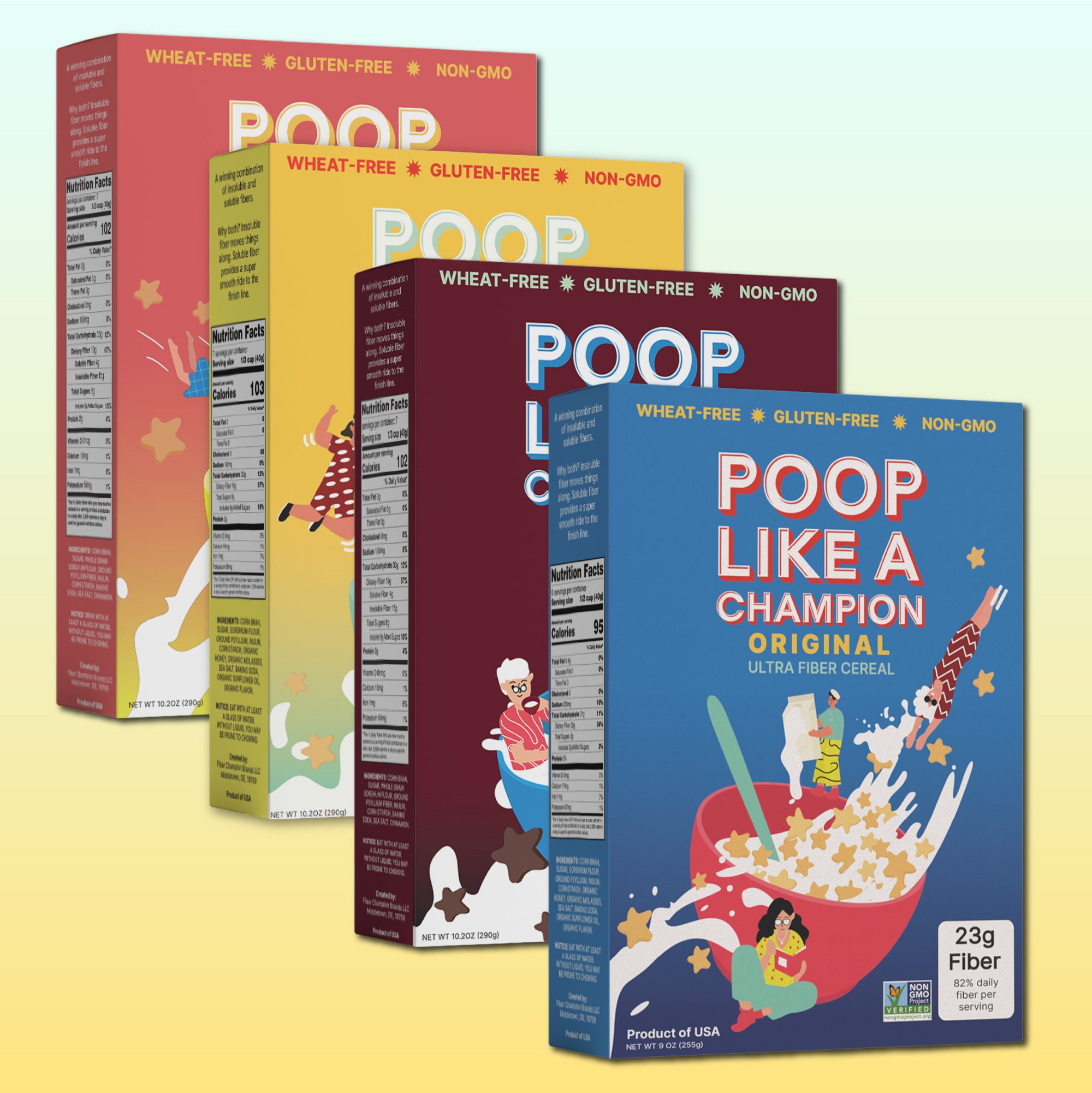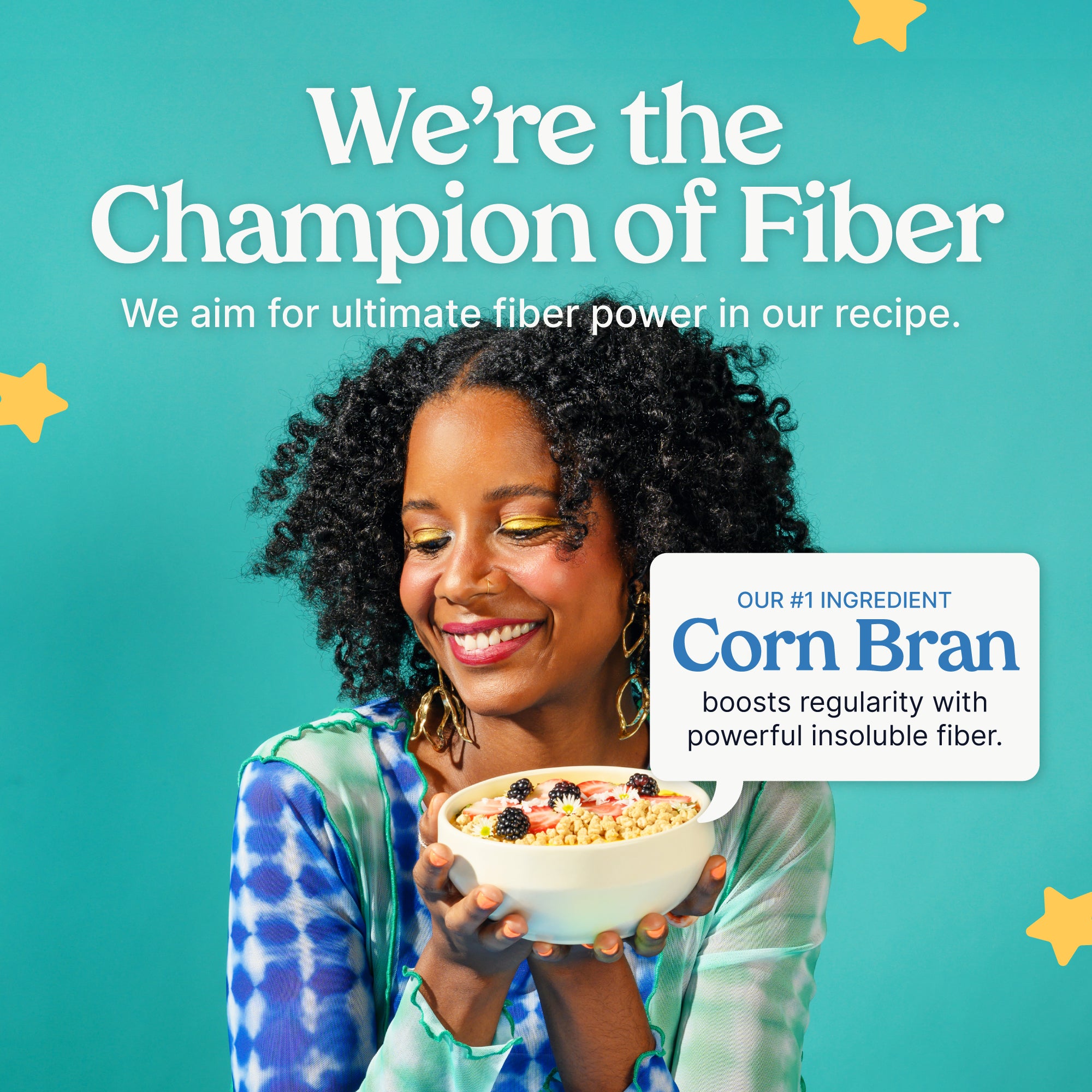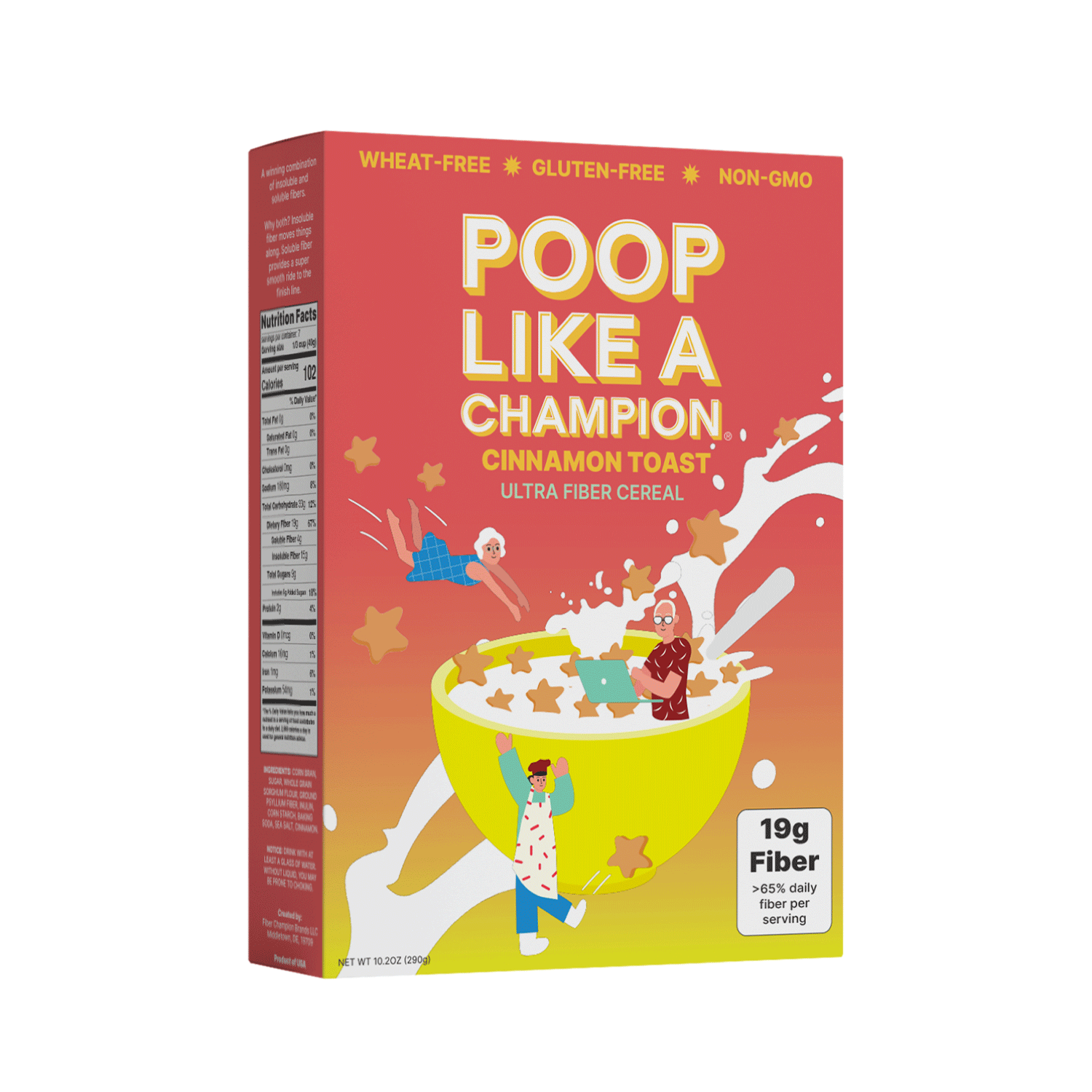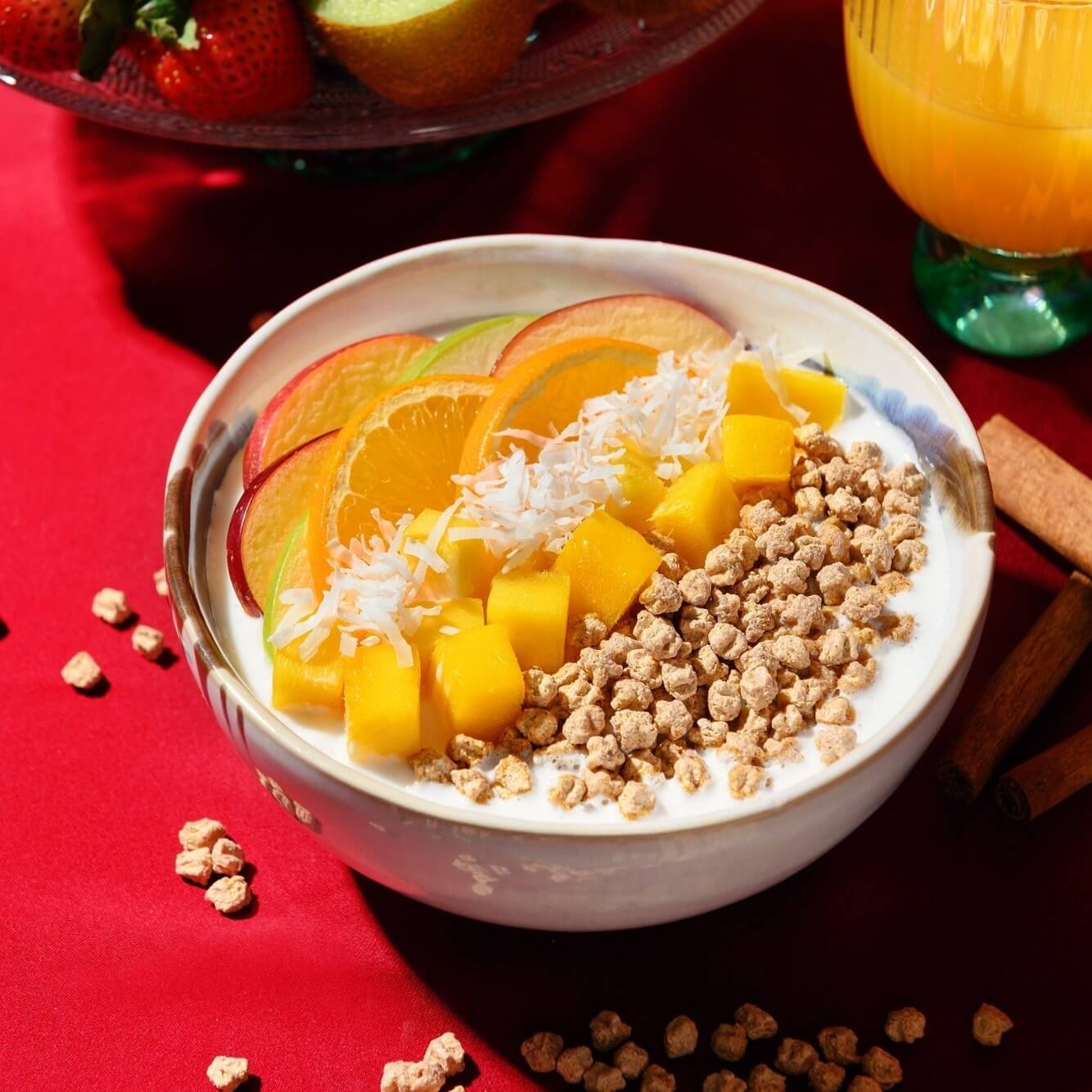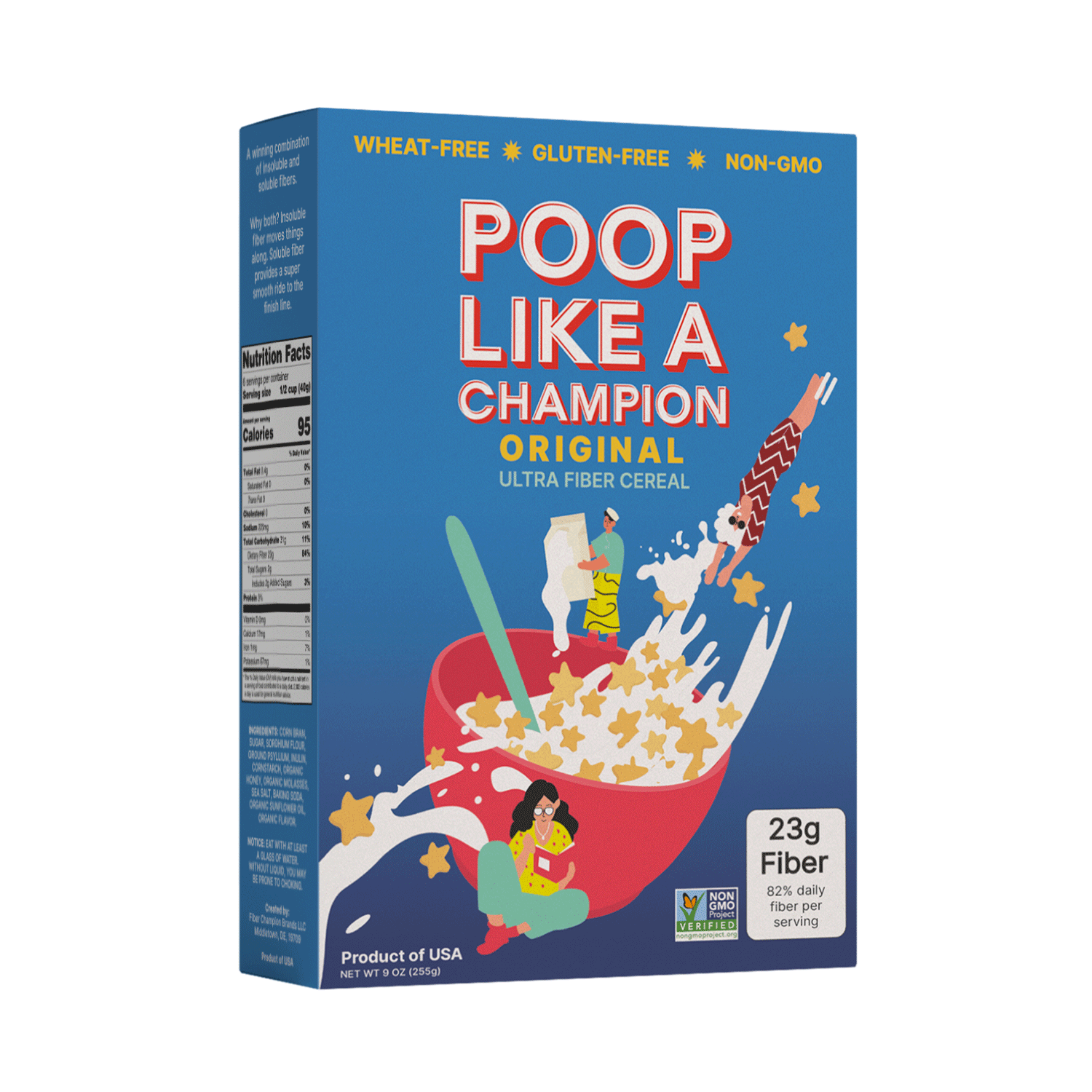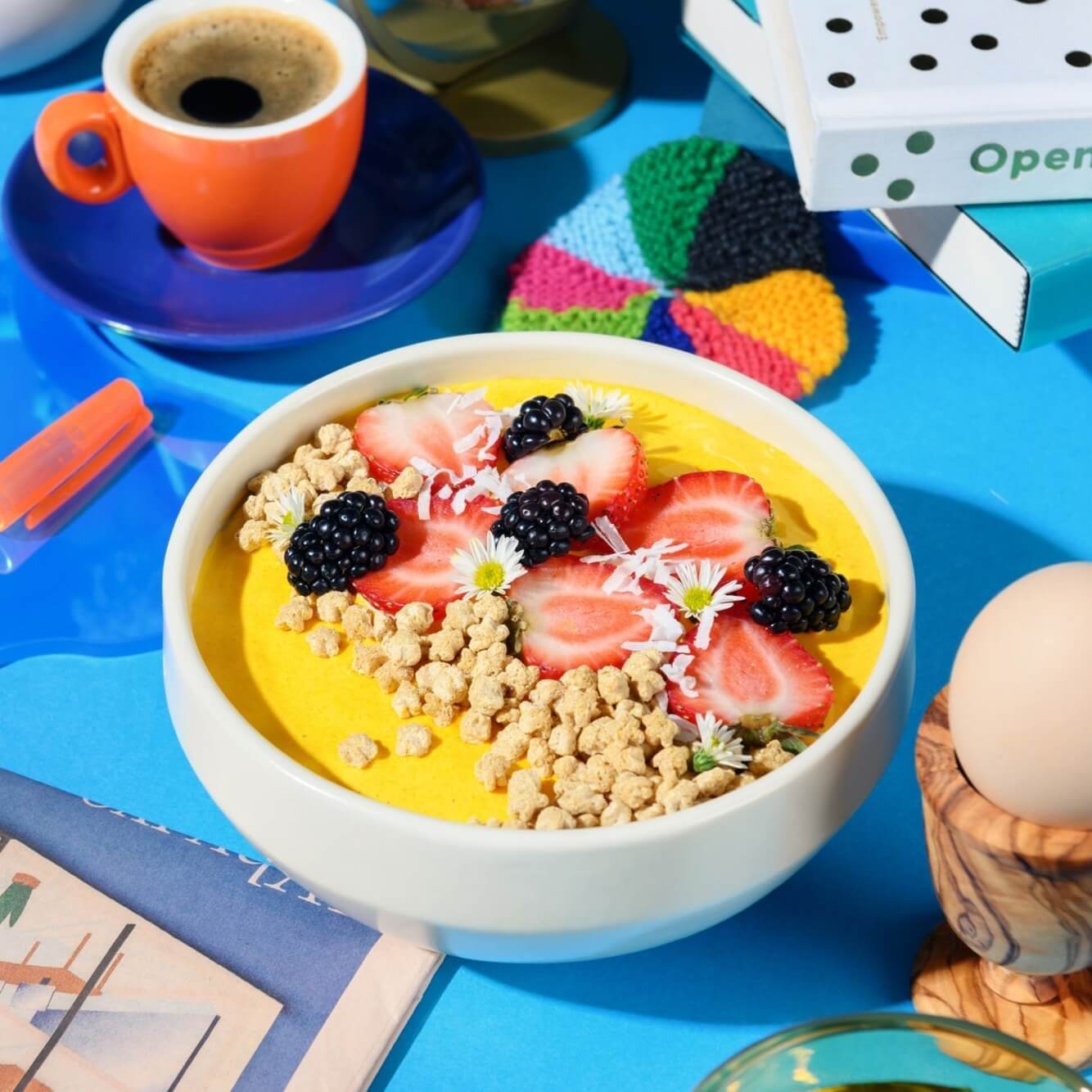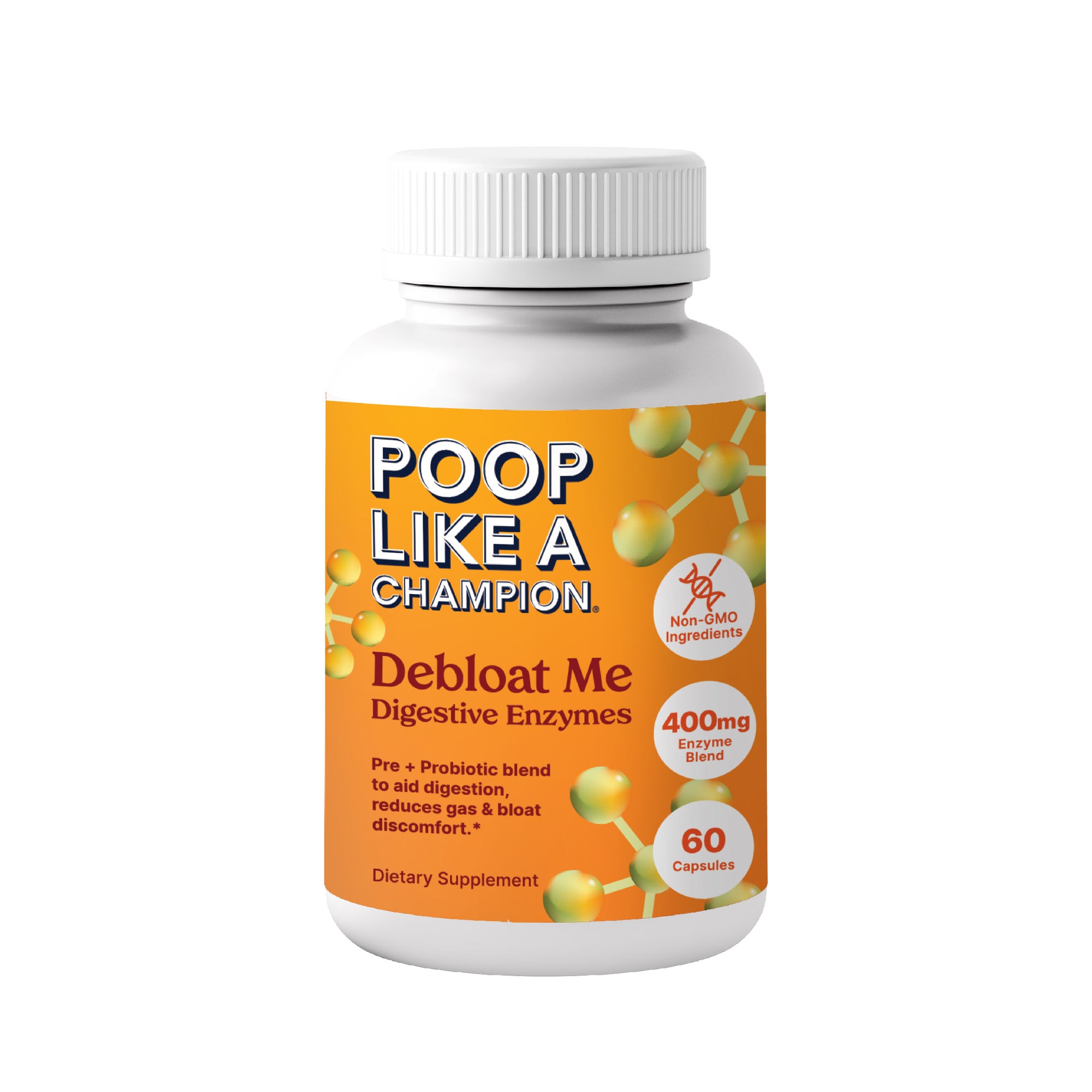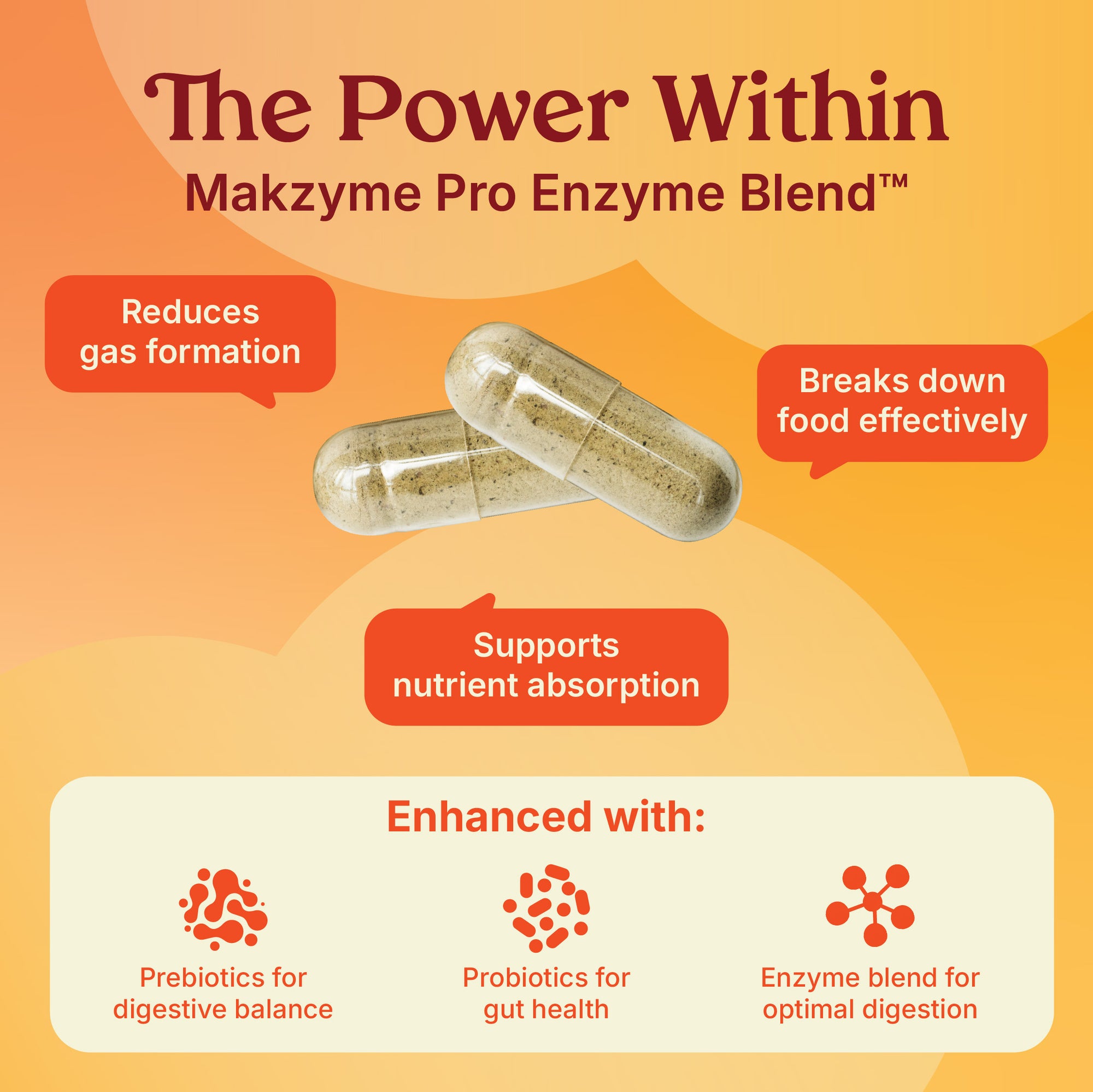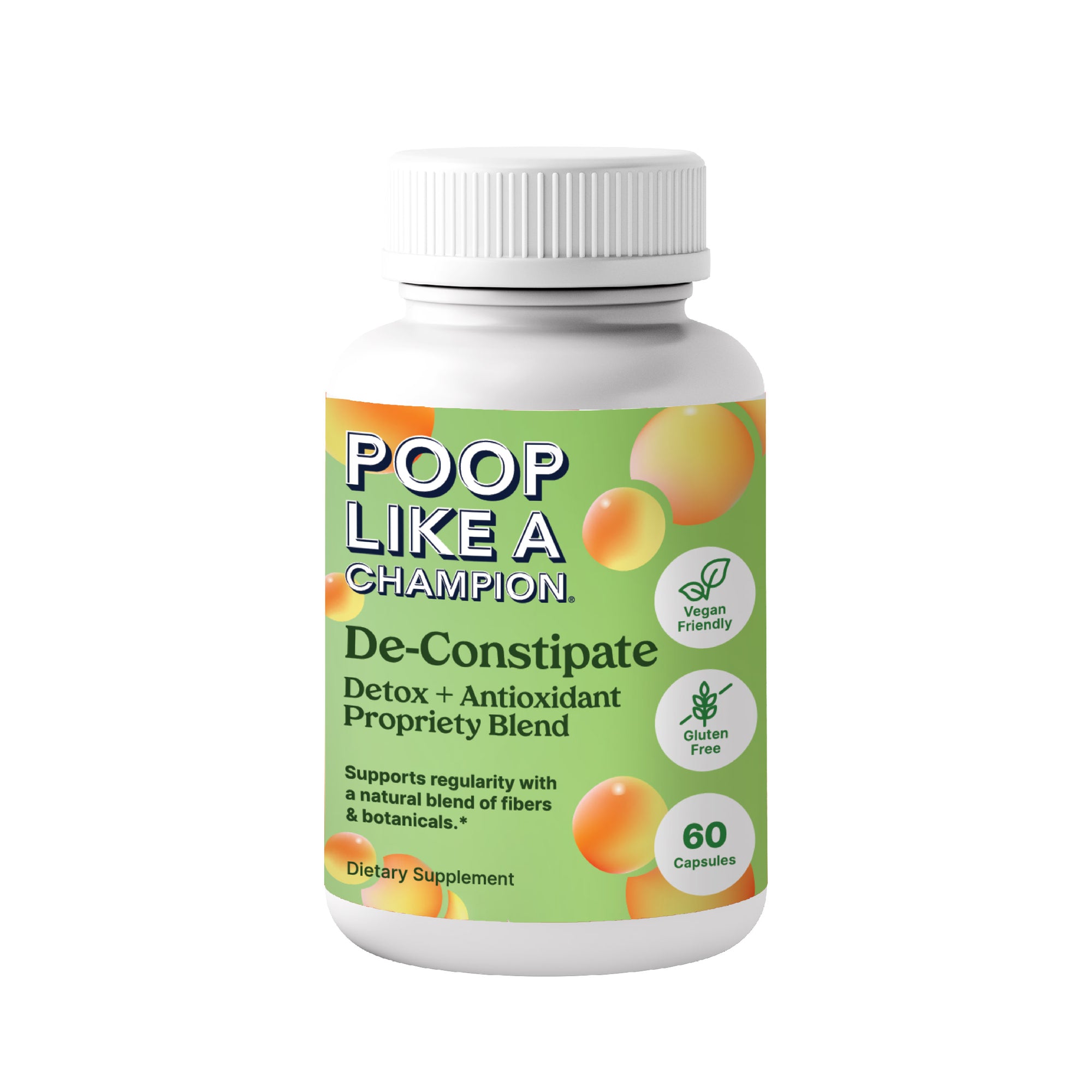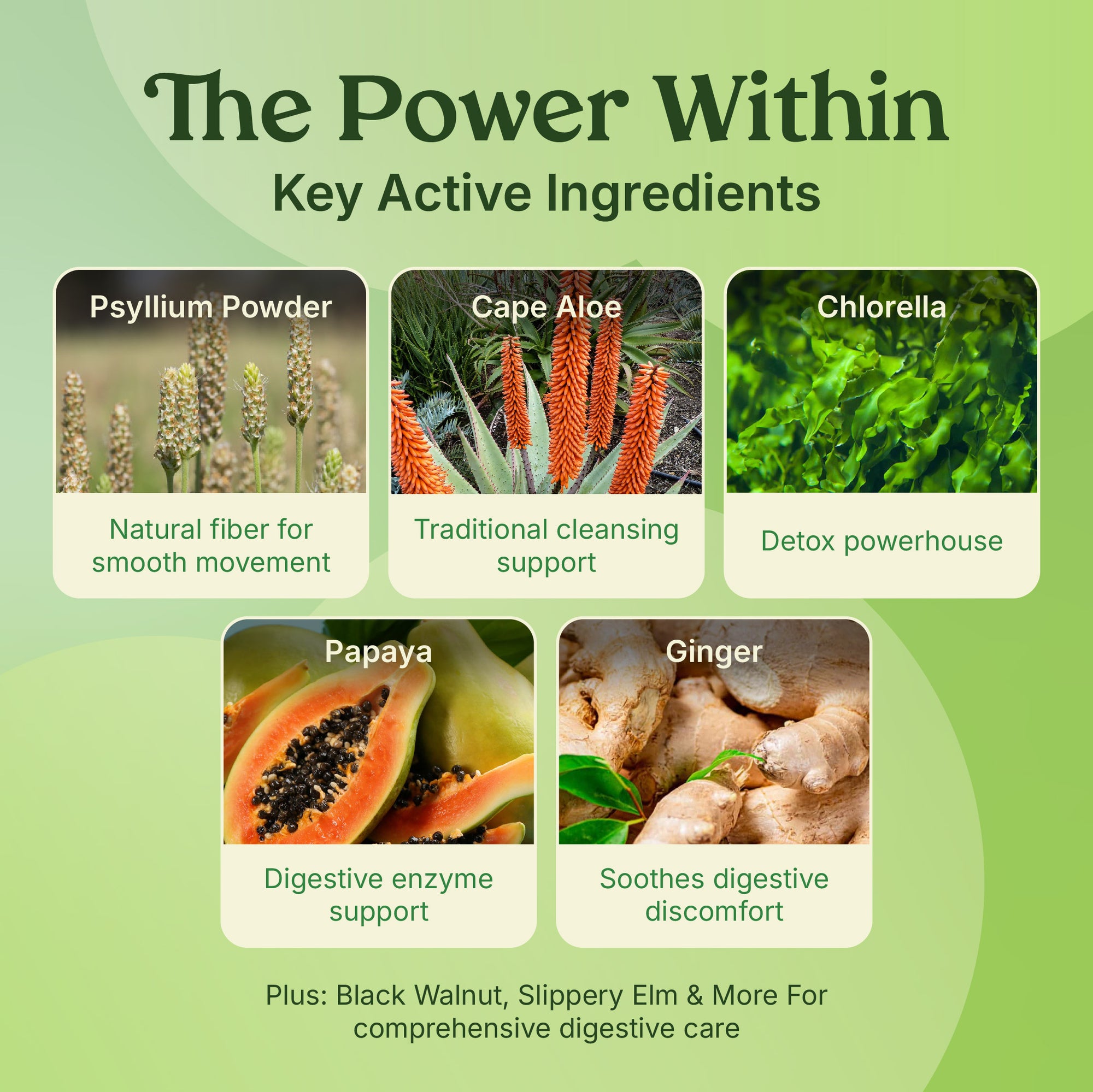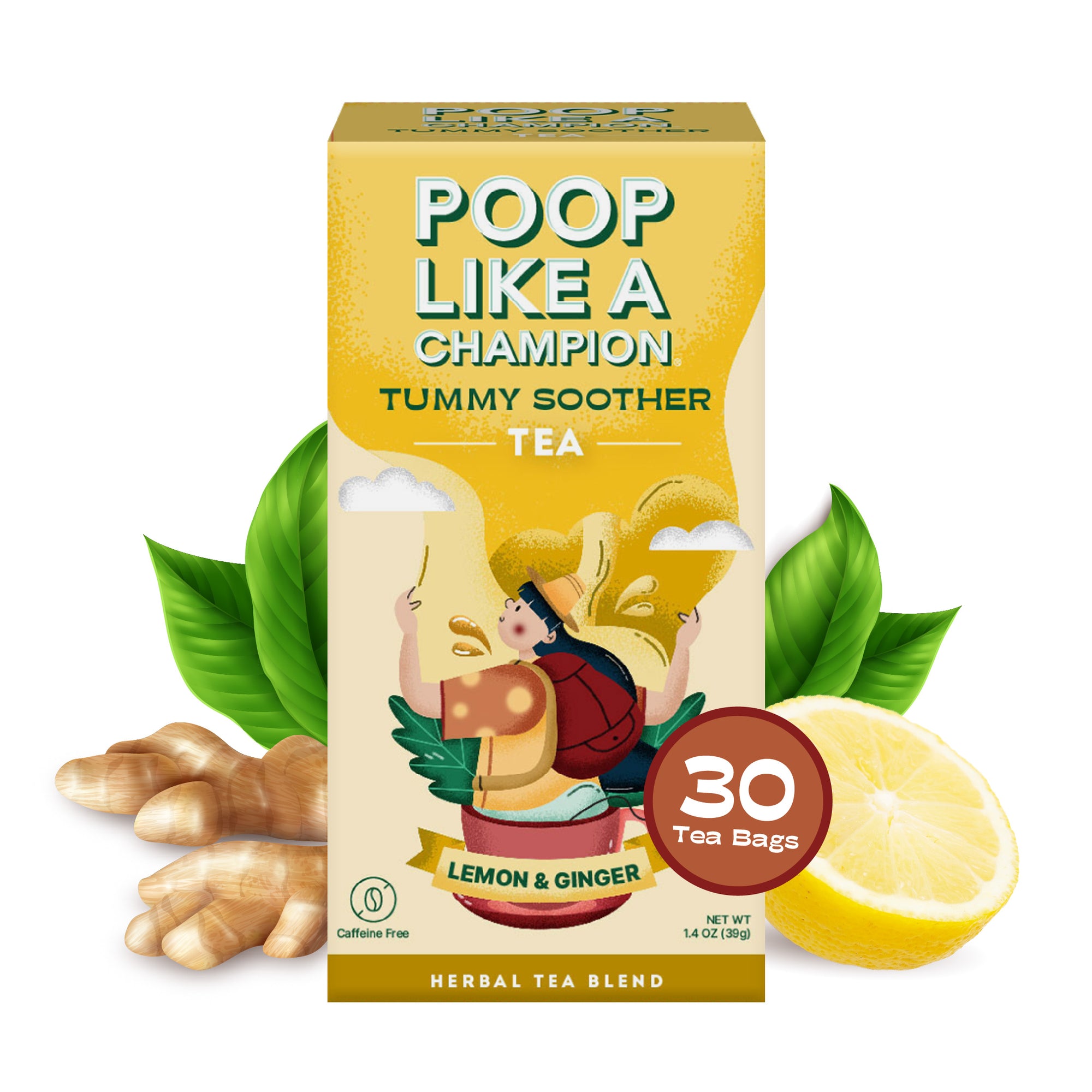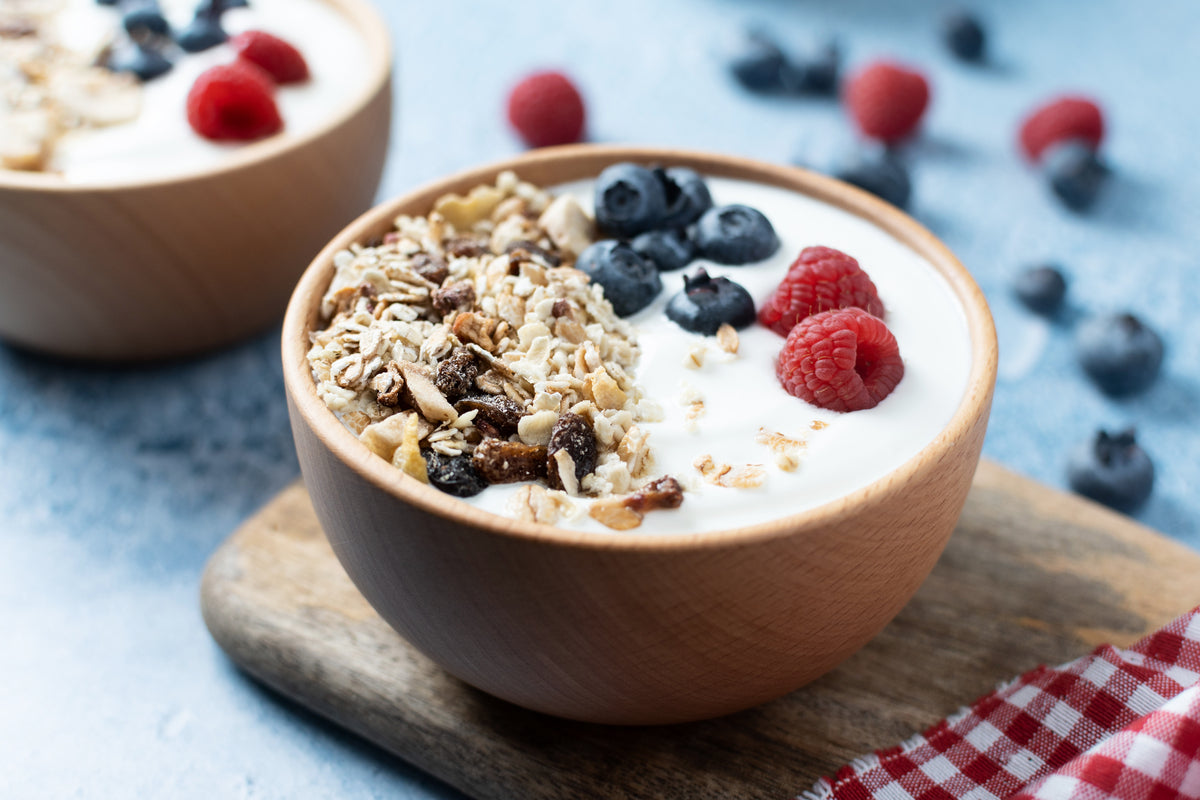

Boost Your Gut and Life With These Probiotic-Rich Foods
Probiotics have gained considerable attention in recent years for their potential health benefits, particularly in maintaining a healthy gut microbiome. These beneficial microorganisms can be found in various foods and supplements. In our guide, let’s talk about our gut’s next best friend and the foods we can eat in our lives to befriend them.
What are probiotics?
Probiotics are live microorganisms, primarily bacteria and some yeasts, that provide health benefits when consumed in adequate amounts. They play a crucial role in maintaining the balance of beneficial bacteria in your gut, which is essential for proper digestion and immune function.
Benefits of probiotic-rich foods
Image by freepic.diller
1. Improved digestive health
Probiotics help maintain a healthy balance of gut bacteria, which can alleviate digestive issues such as diarrhea, constipation, and irritable bowel syndrome (IBS).
2. Enhanced immune function
A significant portion of your immune system resides in your gut. Probiotics can help support immune function by promoting a healthy gut microbiome.
3. Better nutrient absorption
A balanced gut microbiome can improve the absorption of essential nutrients, including vitamins and minerals.
4. Mood and mental health
Some research suggests a connection between gut health and mood regulation, with probiotics potentially playing a role in managing anxiety and depression.
Which foods can I eat for probiotics?
1. Yogurt
Yogurt is perhaps the most famous probiotic-rich food. It contains live cultures such as Lactobacillus and Bifidobacterium. Opt for plain, unsweetened yogurt with active cultures to maximize probiotic benefits.
On a similar note, Greek yogurt is a potent source of probiotics and protein. The yogurt is strained to remove excess liquid so you get a thicker, creamier texture. It’s fun to eat, and you can pair it with numerous toppings like granola and fruit.
But if you want a fun alternative to your yogurt toppings, try our yummy Poop Like A Champion cereals. They come in a variety of flavors, are gluten-free, low in sugar, and made with natural ingredients. Plus, they’re made with a probiotic formula so best believe you’ll enjoy the extra kick of gut benefits with every bowl you eat.

2. Kefir
Kefir is a fermented milk product similar to yogurt but with a thinner consistency. It's rich in probiotics, including various strains of beneficial bacteria and yeasts.
3. Sauerkraut
Sauerkraut is fermented cabbage and a great source of probiotics. Look for unpasteurized sauerkraut, as pasteurization can kill the beneficial bacteria.
4. Kimchi
A staple in Korean cuisine, kimchi is made from fermented vegetables, typically Napa cabbage and Korean radishes. It's spicy, tangy, and loaded with probiotics.
Image by jcomp
5. Miso
Miso is a traditional Japanese seasoning made from fermented soybeans, rice, or barley. It's commonly used in soups and dressings and is rich in probiotics.
6. Natto
Natto is another traditional Japanese fermented food that is made with whole soybeans fermented with Bacillus subtilis. It’s typically eaten for breakfast with rice, and a single serving is packed with many probiotics and vitamins.

Image by Freepik
7. Kombucha
Kombucha is a fizzy, fermented tea made by adding a culture of bacteria and yeast to sweetened tea. It's not only refreshing but also a source of probiotics.
8. Pickles
Traditional pickles, not the vinegar-based variety, are fermented cucumbers. They contain probiotic bacteria and are a tasty addition to sandwiches and salads.
9. Tempeh
Tempeh is a fermented soybean product that is a staple in Indonesian cuisine. It's a good source of probiotics and protein.
10. Various cheeses
Some hard and soft cheeses, like Gouda, cottage cheese, cheddar, Edam, and Swiss, contain live cultures that provide probiotic benefits.

Image by Racool_studio
Remember…
Probiotics are your next best friend. Try to incorporate these foods into your life and watch your gut health gradually improve over the next few weeks.






